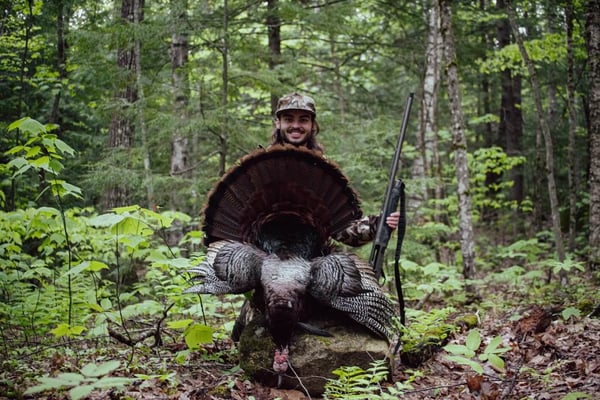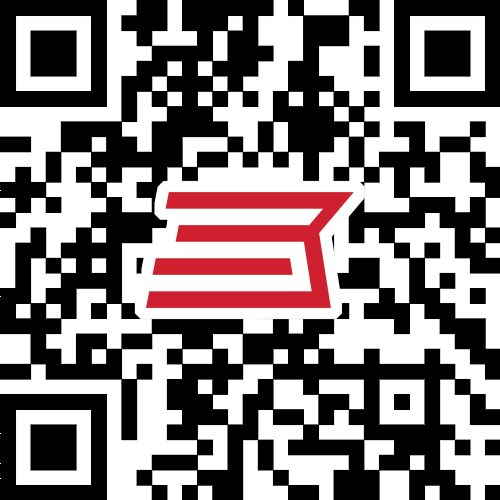- Savage Blog
- What is R3? How Hunters Are Rebuilding an Outdoor Future
What is R3? How Hunters Are Rebuilding an Outdoor Future
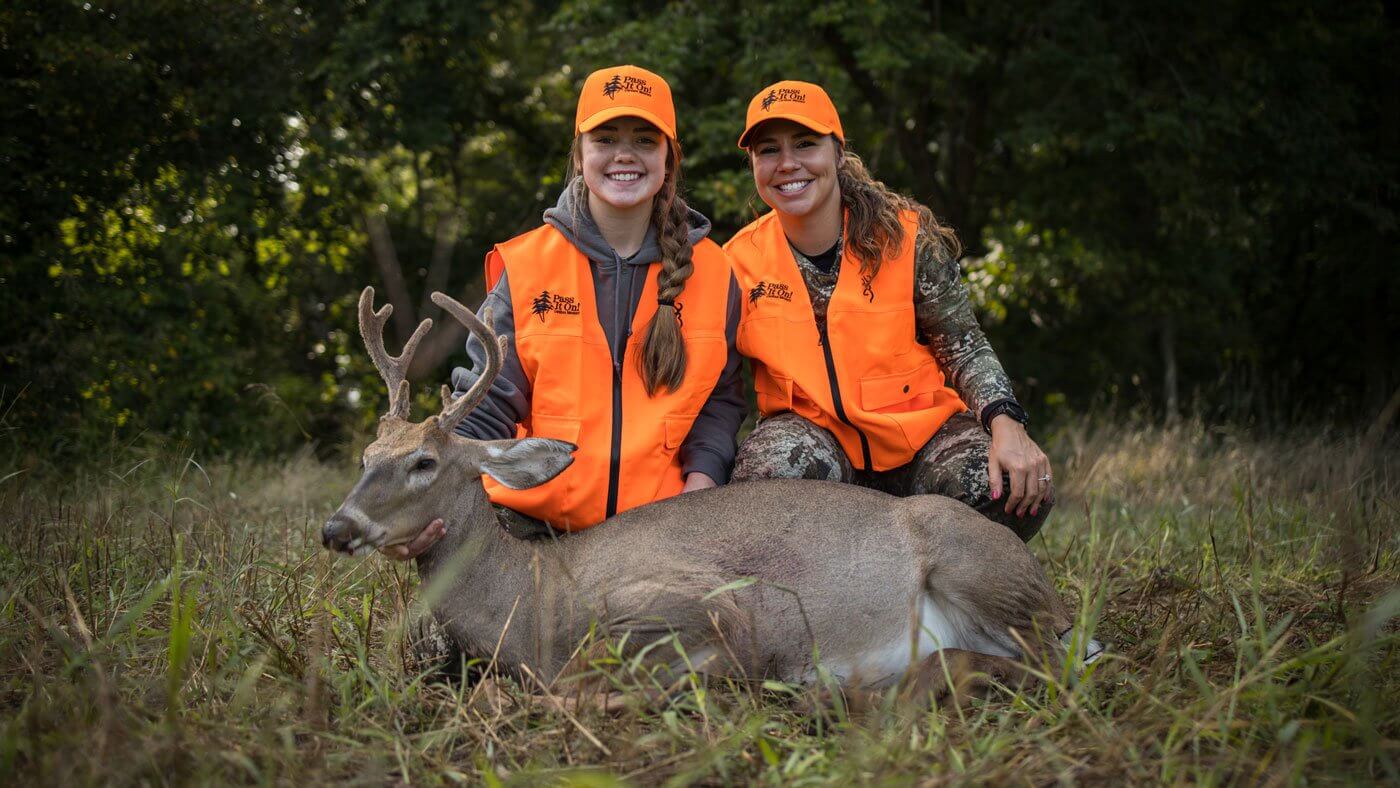
Wes Forbes is a recent Wildlife Management graduate from West Virginia University. In this blog, Wes discusses the R3 movement of recruiting, retaining, and reactivating new hunters, and the importance of the R3 movement to the continuation of hunting traditions and wildlife conservation.
There was a time when hunting traditions were passed down, from grandparents to parents to children. But in recent years, changing lifestyles and shifting cultural values have changed this system. Fewer kids are growing up in hunting households, and more adults live life without ever learning to shoot or process game.
That’s where R3 (recruitment, retention, reactivation) comes in. R3 is a nationwide effort to preserve and grow our hunting culture. At the root of this initiative are stories, people, mentorship, and memories. Whether it's teaching a first-time hunter, keeping a discouraged friend in the game, or welcoming back someone who has drifted away, R3 is how we make sure the tradition lives on.
What is R3?
Recruitment
Recruitment is introducing new people to hunting. This could mean bringing in kids who never had the opportunity to hunt or teaching an adult who wants to see where their food comes from.
Retention
Retention focuses on helping new and current hunters build confidence, skills, and community to stay active. It’s one thing to try hunting; it’s another to stick with it through the seasons of learning, mistakes, and growth.
Reactivation
Reactivation aims to bring back hunters who have stepped away. Maybe life got busy, maybe they lost access to land, or maybe they just need an invitation to remember how much they enjoy it.
R3 supports a long-term vision. The goal is to bring new people into hunting and to keep them involved, all through relationships, shared knowledge, and support.
Why R3 Matters
In the U.S., hunter numbers peaked in 1982 at an estimated 17 million Americans. Today, that number is closer to 14 million and declining according to the U.S. Fish and Wildlife Service. As older hunters age out, younger generations aren’t stepping up to replace them. This presents a problem for future conservation.
Through the Pittman-Robertson Act, hunters have contributed billions of dollars to wildlife conservation, habitat restoration, and land access. When hunter numbers fall, the funding drops too, due to fewer hunting license sales.
But it’s about more than just money; it's about preserving a way of life. The mentorship, the quiet mornings in the woods, all of it revolves around keeping the hunting tradition alive.
Recruitment: Making the First Invitation
Recruitment can start with one question: “Want to come hunting with me?”
Recently, I had the opportunity to take a new hunter dove hunting for the first time. We spent the summer shooting clay birds and getting dialed in for the upcoming dove season. Dove season rolled around, and it was slow. After long sits and missed shots, she was finally able to harvest her first bird. She hasn't looked back since.
There are programs in place, like the NWTF's JAKES program, which is centered around bringing kids into turkey hunting. Pheasants Forever, Ducks Unlimited, and several other organizations also offer mentored hunts for youth. In addition to this, many state wildlife agencies, like Maryland and Virginia, offer adult mentorship programs to encourage newcomers. Programs like this help introduce new people to hunting, and for myself and many others, Savage Arms has been there since the beginning.
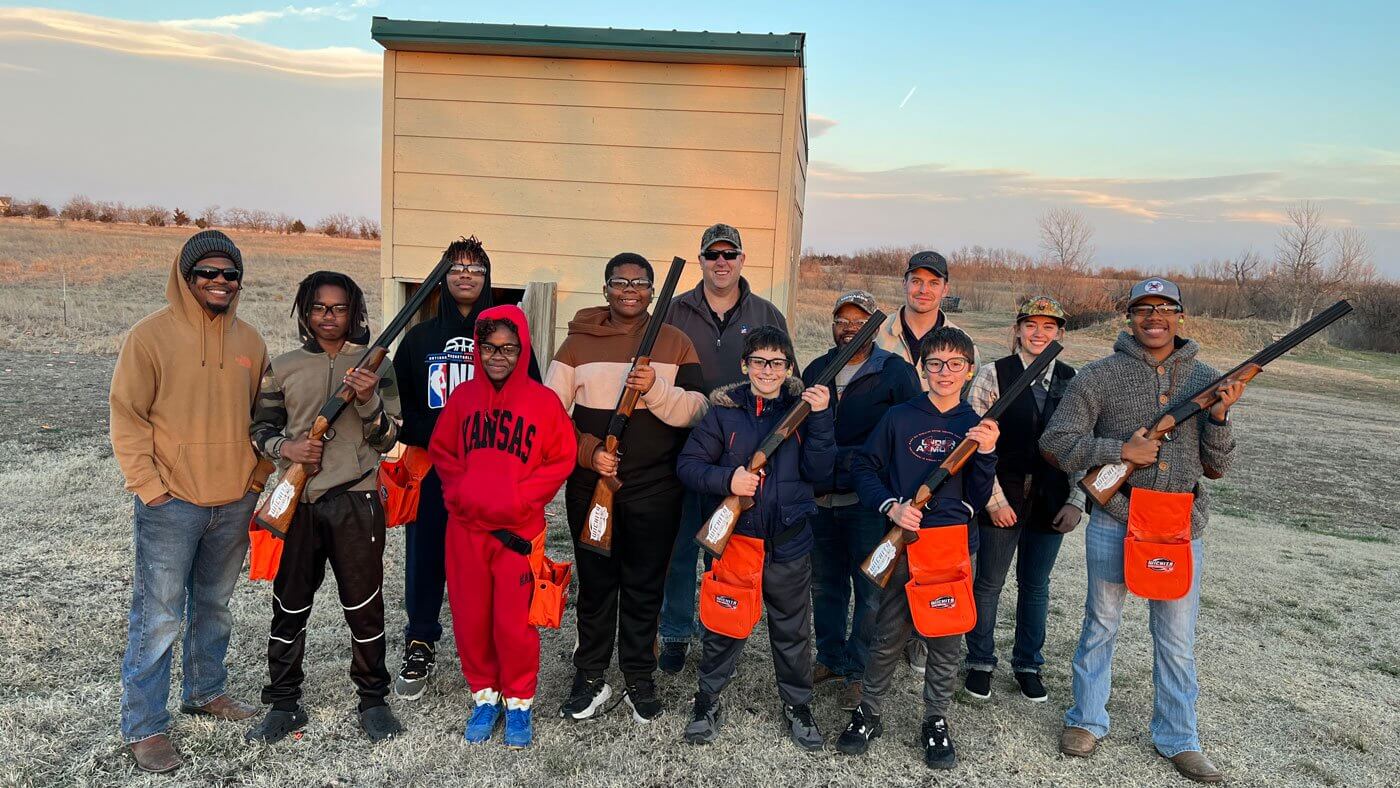
Retention: Building Confidence and Community
Trying something once is easy. Staying with it is the hard part.
Growing up, hunting was a part of my everyday life; every season revolved around what kind of game we could chase. When I was too young to carry a rifle of my own but old enough to tag along, my parents started taking me out into the woods. Only ever for as long as I wanted to sit, whether it was 5 minutes or 5 hours, I was out there. These early experiences in the woods are what made me stick around.
But for adults just starting out, the journey can look a little different. Many new hunters stop after a few outings, not because they didn’t enjoy it, but because they didn’t have the support to keep going. If you know a new hunter, offer to mentor them a few times. This will help build up their confidence and add to their enjoyment of hunting,
Going on numerous unsuccessful hunts can be frustrating, even for lifelong hunters. Some things that can help new hunters stick around in the field are:
- New experiences
- Friends with the same interests
- Success
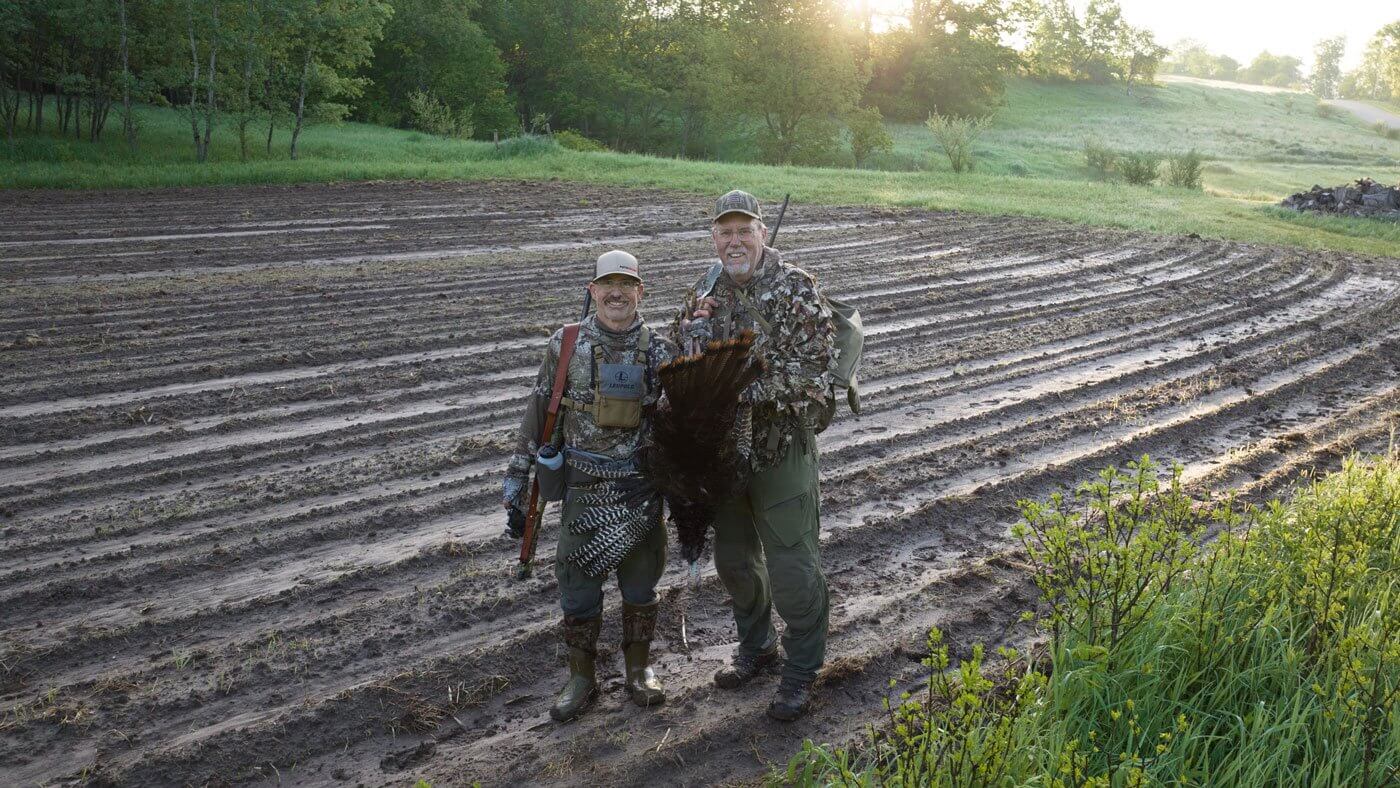
Reactivation: Opening the Door Again
This aspect of R3 stems from reconnecting with people who used to hunt.
I think of a buddy I went to college with who hadn’t hunted since he was a kid. He said everything just seemed to get busy as he got older, so I asked him to join me on a duck hunt with some other guys. We didn’t see a single bird that day, but by the next month, he was asking me if I wanted to join him on hunts.
Reactivation isn’t selling someone on something new. It's reminding them of something they once enjoyed.
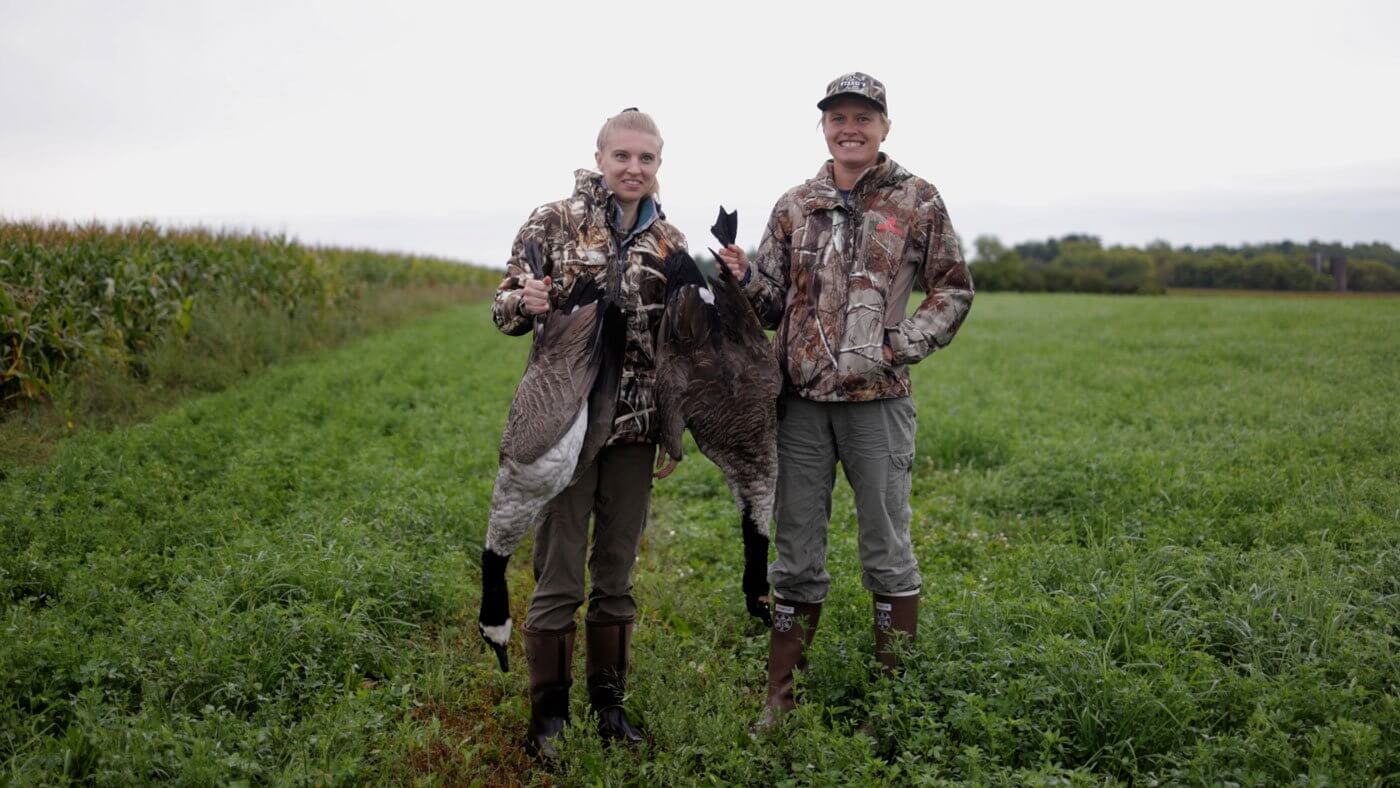
How to Support R3
You don’t need to be a professional to make a difference; you just need to care.
Here are some things you can do:
- Invite a newcomer to hunt with you.
- Reach out to someone who hasn’t hunted in a while.
- Become a part of your local conservation organization. (NWTF, RMEF, Ducks Unlimited)
Local conservation chapters often have volunteer opportunities with youth events, or the option to mentor in hunts put on by the chapter. You can also help encourage the start of one of these events.
R3 is a long game; every small action adds up.
The Role of Industry and Conservation Partners
Savage Arms helps play a role in R3 efforts by making affordable, accurate, and durable rifles, which makes it easier to get started. Savage also supports a variety of organizations with R3-focused missions in hunter recruitment, retention, and reactivation. By partnering with organizations like Pass it On! Outdoor Mentors, Delta Waterfowl, 4H Shooting Sports, the International Hunter Education Association, and several others, Savage Arms has helped make a difference in helping introduce and educate new hunters and encouraging lapsed hunters to pick up hunting again.
When new hunters are equipped with tools they trust, they’re more likely to stick with it and continue hunting. When returning hunters feel welcomed, they’re more likely to stay and continue with the sport they once loved
Conservation groups and state agencies are doing their part, too. Various state agencies and conservation organizations feature a variety of outreach programs to encourage new audiences to get started hunting and entice former hunters to come back. These events include everything from educational expos, online video series, youth and adult mentored hunting programs, and even support groups to gather like-minded new hunters together to share their experiences. Many state agencies also now have full-time R3 coordinators who are dedicated to developing and implementing R3 programs across their state to help support new hunters. Even with the level of support by state agencies and conservation groups, the success of R3 also depends on all of us hunters.
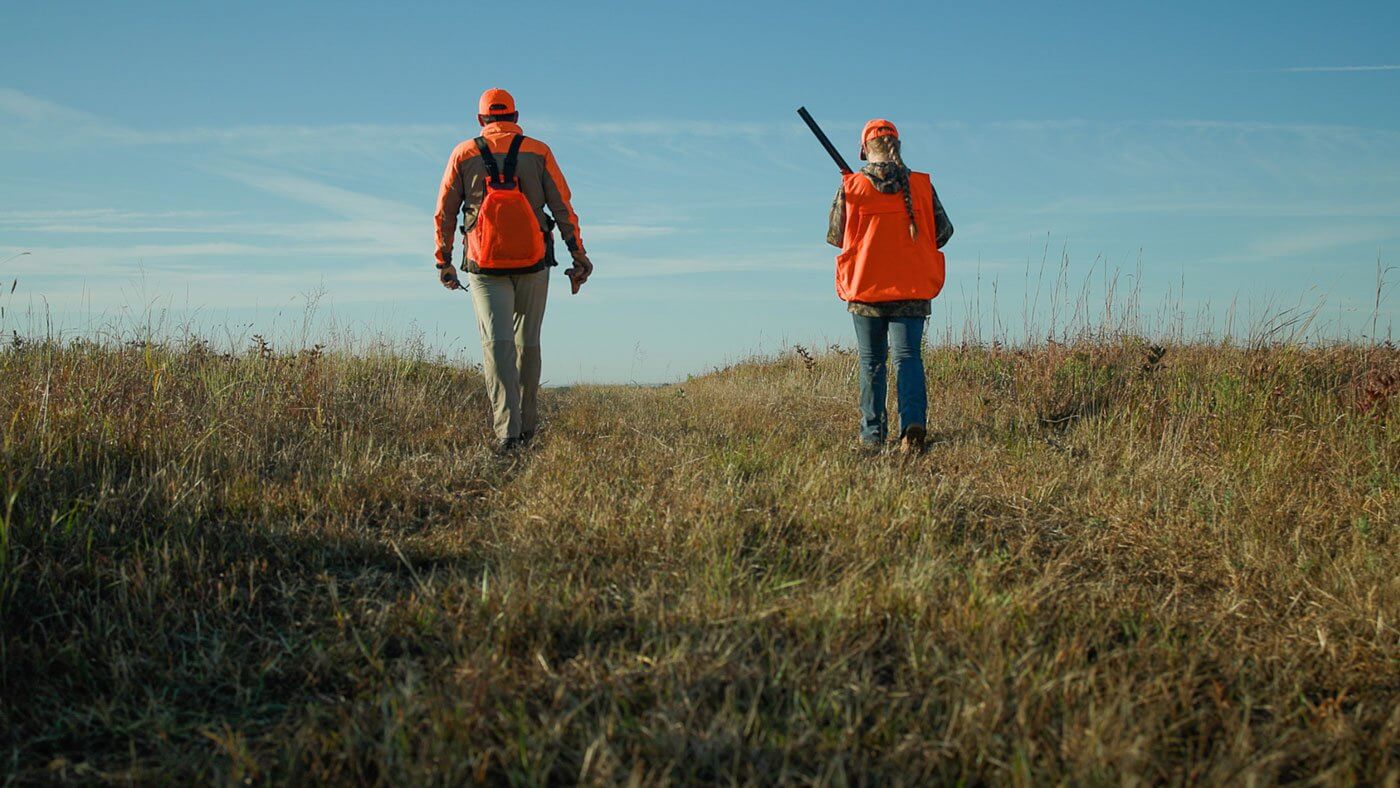
R3 isn’t just a strategy. It's a commitment to the future of hunting.
Everyone has a different story, whether hunting was passed down from your father or you started hunting a few years ago. Either way, we can all play a role in R3.
Whether you’re teaching a teenager how to take their first shot, encouraging a buddy after a tough season, or reminding an old friend what it feels like at first light on a spring turkey hunt, you’re a part of R3.
Let’s keep passing it on, one story, one shot, one season at a time.
